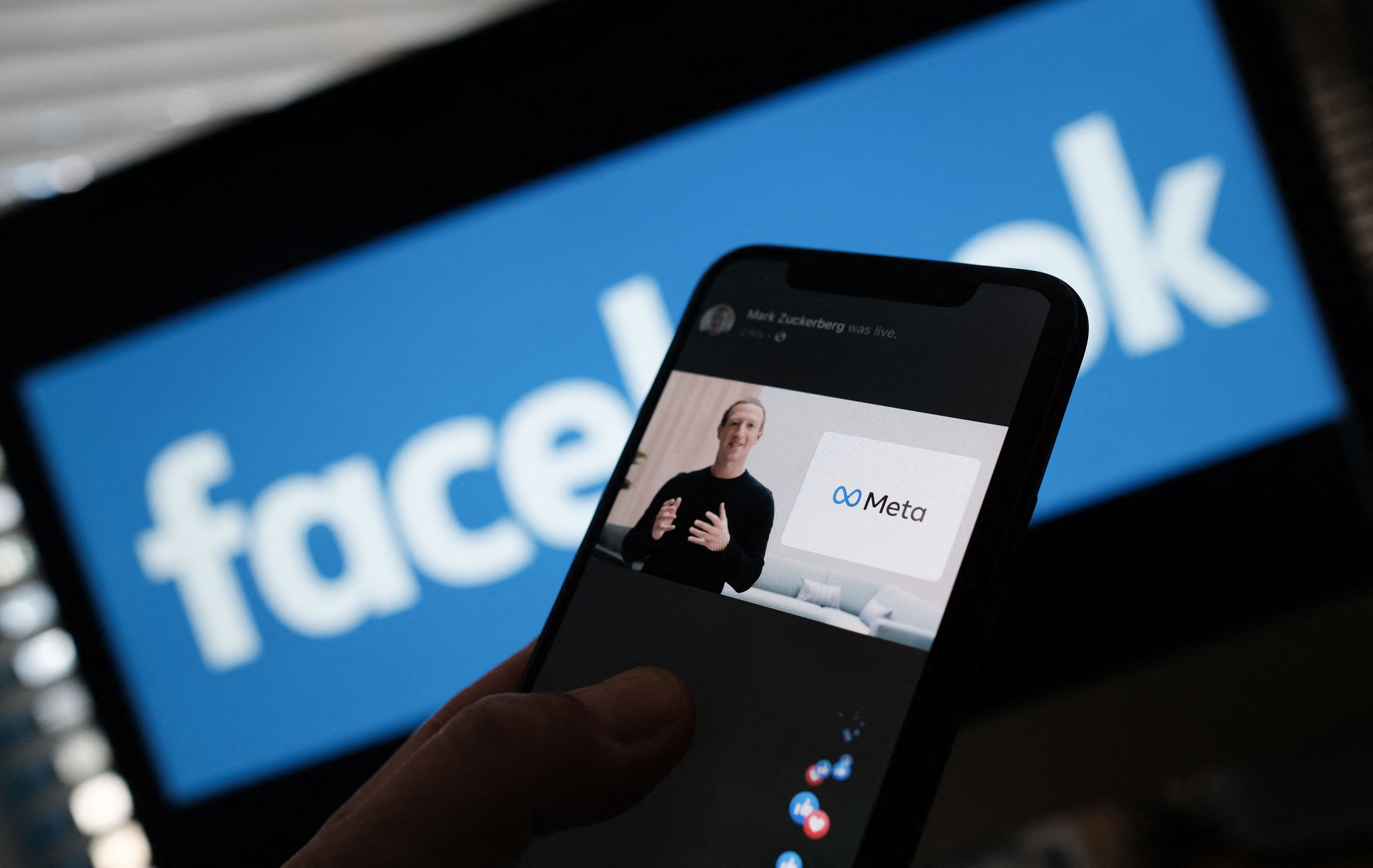Meta has been secretly testing a competitor to Twitch for two years, report says
The platform, called Super, started life as a competitor to celebrity-focused Cameo in 2020

Meta appears to be testing a new livestreaming platform that could rival Twitch.
The new product, called Super, would let users host interactive livestreams for ad revenue. The project is still in relatively early stages, having been tested with fewer than 100 creators, but has been in continuous development since 2020.
A Bloomberg report from two years ago characterised the platform as akin to Cameo, the service that allows people to pay celebrities for custom messages and interactions.
Creators would have also been able to sell merchandise or other products alongside the livestream.
Meta is currently allowing creators to request access directly to the site, which will be separate to Instagram, Facebook, or any of the other products that the social media giant currently has, a spokesperson told Insider.
"It's a standalone project," the Meta spokesperson said about Super. "Right now, it's web only.
“They have been testing it very quietly for about two years. The end goal is ultimately creating the next standalone project that could be part of the Meta family of products."
The platform has gone through different iterations as Meta looks to monetise it, including a potential sponsorship model, the spokesperson said. Fans would be able to pay for extra features in the streams, and leave tips.
Creators would keep 100 per cent of the revenue earned from this system, avoiding any criticism that would be levied at Meta for taking too hefty a cut of revenue, as has happened in the past.
Meta has paid creators between $200 and $3,000 to use the feature for 30 minutes, according to Insider.
This news comes as Meta reports its first ever drop in revenue amid a looming global recession.
The company issued a gloomy forecast for its third-quarter, with revenue expected between $26bn and $28.5bn - lower than the $30.52bn analysts had expected.
The company also reported mixed results for user growth, with monthly active users on Facebook only increasing by one per cent at 2.93 bn.
Meta founder Mark Zuckerberg has been critical of staff during this period. "Realistically, there are probably a bunch of people at the company who shouldn’t be here," he told employees.
"Part of my hope by raising expectations and having more aggressive goals, and just kind of turning up the heat a little bit, is that I think some of you might decide that this place isn’t for you, and that self-selection is OK with me.”
Join our commenting forum
Join thought-provoking conversations, follow other Independent readers and see their replies
Comments


Bookmark popover
Removed from bookmarks